Emerging diseases sometimes come with familiar names coupled with increased risk and need for response. In the US, the PRRSV L1C variant of RFLP 1-4-4 has been a significant challenge in the Upper Midwest for two years and now PRRSV L1C 1-2-4 has become a concern. In Spain, a PRRSV strain with increased virulence known as Rosalia has affected production since 2020. SHIC, with AASV and Iowa State University’s Swine Medicine Education Center, will host a webinar on emerging PRRSV strains on Tuesday, February 21, 2023, at 11:00 am CT.
Webinar participants include Dr. Enric Mateu, Autonomous University of Barcelona (Spain), Drs. Daniel Linhares and Giovani Trevisan, ISU, Dr. Clayton Johnson, Carthage (Illinois) Veterinary Service, and Dr. Paul Yeske, Swine Vet Center (St. Peter, Minnesota). All have hands-on experience with emerging PRRSV strains and will share their perspectives on clinical presentation, production losses, detection and spread, regional differences, response strategies, and what they have found to be successful in control or elimination from herds in the US and potential lessons learned from Spain.
As part of SHIC’s effort to inform the swine industry on emerging swine diseases and emerging swine health issues, the Center collaborates with AASV and SMEC to host webinars. Goals are to address current “industry chatter” and provide information for veterinary practitioners and producers on field experience, detection, and management/control strategies. Previous webinars can be found here.
SHIC, launched by the National Pork Board in 2015 solely with Pork Checkoff funding, continues to focus efforts on prevention, preparedness, and response to novel and emerging swine disease for the benefit of US swine health. As a conduit of information and research, SHIC encourages sharing of its publications and research. Forward, reprint, and quote SHIC material freely. SHIC is funded by America’s pork producers to fulfill its mission to protect and enhance the health of the US swine herd. For more information, visit http://www.swinehealth.org or contact Dr. Paul Sundberg at [email protected].
Copyright 2024 | Swinehealth.org | Website by Heartland Marketing Group